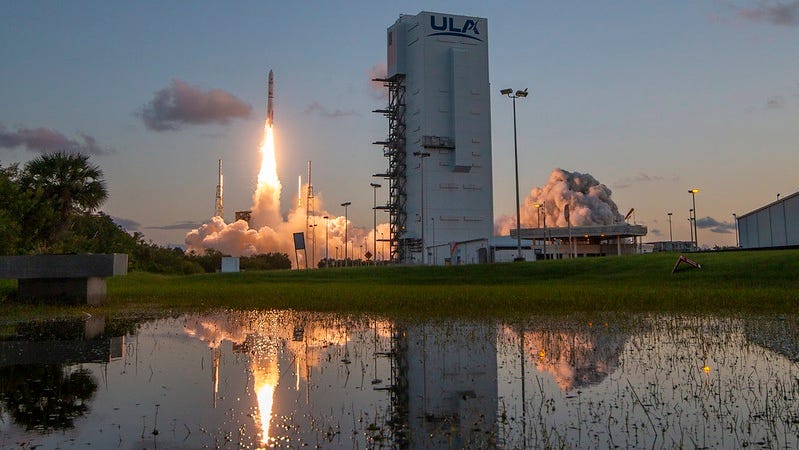There's another new rocket entering the competition for commercial and U.S. National Defense launches. The United Launch Alliance Vulcan rocket successfully launched Friday on its second certification (Cert-2) flight.
Liftoff occurred at 7:25 a.m. EDT from Space Launch Complex-41 at Cape Canaveral Space Force Station carrying experiments and demonstratio…




